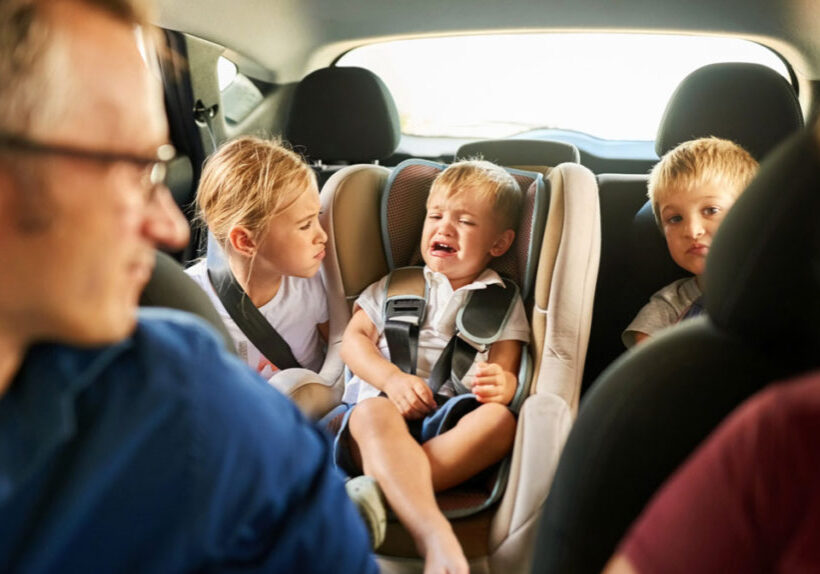I NEED pizza!” my 6-year-old screams from our minivan’s back seat. I inhale slowly to avoid yelling back. A few hours earlier I was crouched over my 4-year-old, giving her a lifesaving shot of epinephrine before heading to the emergency room via ambulance. Now we’re driving home. I don’t want to stop for pizza and my older daughter’s demands are driving me crazy.
My jaw softens, though, as I realize she’s as shaken as I am. But because she is so young, she conveys her feelings with rage, not words. She doesn’t feel like talking, so at bedtime I invite her to play dolls. In a high-pitched voice, her Barbie admits she’s scared her little sister will die. I tear up, realizing my first grader carries such a grownup worry.
One in 13 kids in the United States has a food allergy, according to FARE (Food Allergy Research and Education). When our younger child was diagnosed, my husband and I focused on her safety, never considering what our nonallergic child might need. We thought it was cute when our older child would throw herself between her sister and a well-meaning adult serving birthday cake, proclaiming, “She has allergies! You need to check with our parents before she eats that.” We didn’t realize the protective big sister role we had encouraged came with outsize stress.
Our nonallergic daughter often laments, “It’s not fair!” She longs to wear a pink medical bracelet and to bring her own cupcake to birthday parties. She insists her little sister is lucky, even though she must take her epinephrine injector everywhere and often has to decline treats.
Gina Clowes, founder of Allergy Moms, coach and author of “One of the Gang: Nurturing the Souls of Children With Food Allergies,” says parents must remember that each child needs to feel special, regardless of allergy status. “If all or most of the emotional energy is devoted to the allergic child, sooner or later, issues are likely to crop up with the child’s sibling,” she says.
There’s no single approach to determining whether your nonallergic child needs help coping. But here are some of the ways parents can support their nonallergic kids.
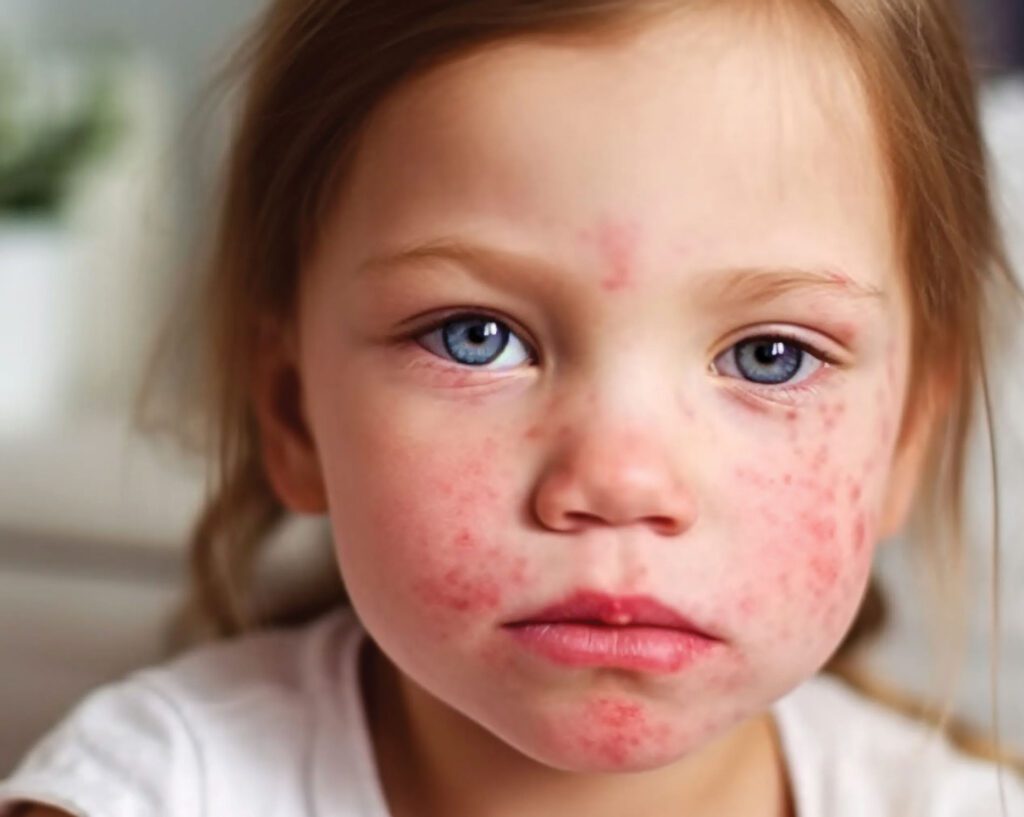
Model self-care and coping skills
“Parents are the most powerful influence on how their children will understand and react to a diagnosis of food allergies,” Clowes says. Little eyes and ears are always watching and listening — especially when we think they’re not. If you’re stressed and fearful, your kids will be, too. Lakiea Wright, an allergist at Brigham and Women’s Hospital in Boston, says, “Children imitate behavior, and if you as the parent demonstrate positive coping skills, then your child will do the same.”
Clowes suggests stress management tools such as rest, exercise and healthy eating but acknowledges that such strategies aren’t always enough. Seek professional help if your child is sad, anxious or angry for a prolonged period, avoids normal activities or is talking about hurting herself. Clowes encourages parents who need it to find support in a therapist, a friend, a partner or a support group.
Replace fear with empowerment
Experts recommend treating allergies like any other safety issue. Michael Pistiner, allergist and director of Food Allergy Advocacy, Education and Prevention at Massachusetts General Hospital for Children, uses this strategy. One of his two children has life-threatening food allergies. He tells parents that, just as we always wear seat belts in the car, we always read labels and carry medicine when with an allergic child. When it comes to food allergies, he says, “We don’t necessarily talk about the consequences. We just say, ‘You follow the rules.’’’
Clowes and Pistiner agree that parents don’t need to discuss the worst possible outcome for children to cooperate with the safety rules. “Words like ‘You will die,’ especially when shared with emotion, are indelible,” Clowes says.
Pistiner emphasizes education as a means of minimizing fear. “Dying from a food allergy is less likely than a car accident fatality”, he says. And epinephrine works quickly and effectively. When parents are armed with knowledge and take routine allergy safety precautions, they are more likely to feel safe, not scared — and so are their kids, both allergic and nonallergic.
Take a team approach
Experts and parents agree, teamwork is key. Depending on their age and maturity level, parents can give nonallergic siblings a “helper” role. “This can give them a sense of inclusion and allows for open and frequent conversations to occur,” says psychiatrist Qionna Tinney, associate medical director of child services at Cardinal Innovations Healthcare in North Carolina.
Teri Levy, a mom in Los Angeles, says she replaced fear with empowerment by making sure all her children understood the signs of an allergic reaction and how to handle it. One of her four children is deathly allergic to cashews. “We’ve trained them on how to use an EpiPen and to not be afraid EVER to call 911,” she says. “Reassuring our nonallergic kids that help is available definitely eases their fears.” Tinney suggests that families conduct practice drills.
Not every child can or should take responsibility for their sibling’s safety, though. And parents, not kids, should always take the lead and assign responsibilities among the “players” according to their abilities, Clowes says. If a sibling appears stressed, Clowes suggests saying something like, “Yes, we have to be very careful to avoid certain allergens around your sister. We appreciate your concern and what you do to help. Your father and I are handling it. She will be just fine.”
Make siblings feel special
Although we might consider our nonallergic children to be fortunate, children may not see it that way. Recently my nonallergic daughter insisted I schedule a physical for her, claiming she needed shots. I was perplexed until I realized she felt neglected; I’d just made an appointment for her sister to see the allergist after we spent an afternoon in the emergency room.
Clowes recommends scheduling regular special time with your nonallergic child, something she did with her older son. Every Sunday they went to Dunkin’ Donuts, a ritual that lasted through a teenage phase when he barely spoke to her. “We didn’t keep those kinds of sweets in the house because of my younger son’s multiple food allergies,” she says. “So doughnuts were a treat for my son. I was also demonstrating to him, ‘You’re important. I want to spend time with you.’”
Posted in: Health & Nutrition
Comment Policy: All viewpoints are welcome, but comments should remain relevant. Personal attacks, profanity, and aggressive behavior are not allowed. No spam, advertising, or promoting of products/services. Please, only use your real name and limit the amount of links submitted in your comment.
You Might Also Like...
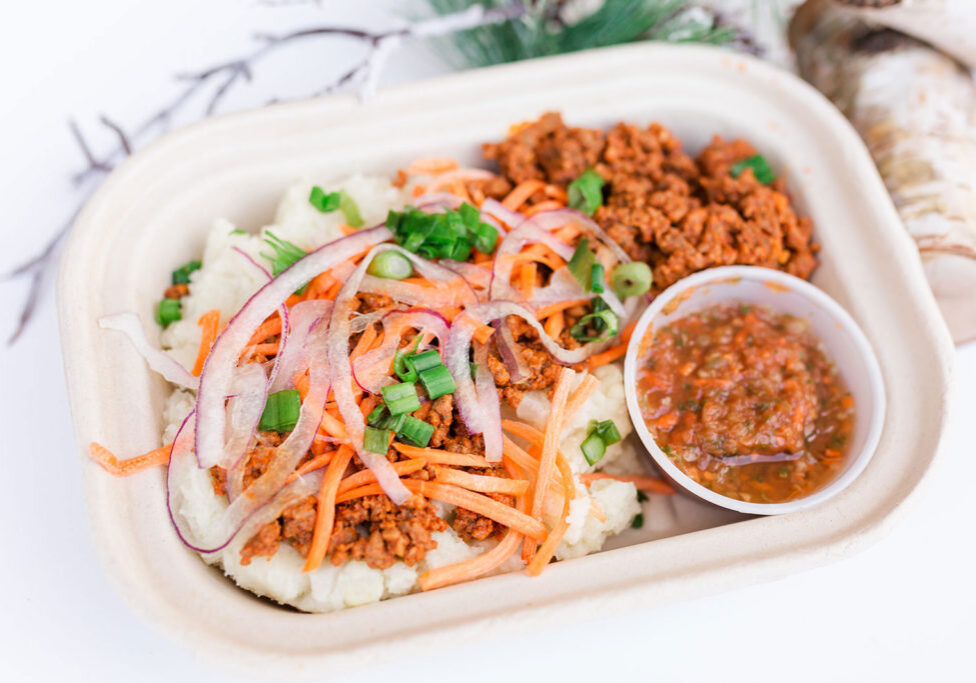
Not Just for Taco Tuesday – Salsas Spice Up Any Day
As a staple on most tables for Taco Tuesdays, salsa is one of my favorite condiments. The blend of peppers, spices and tomatoes, with just the right amount of heat […]
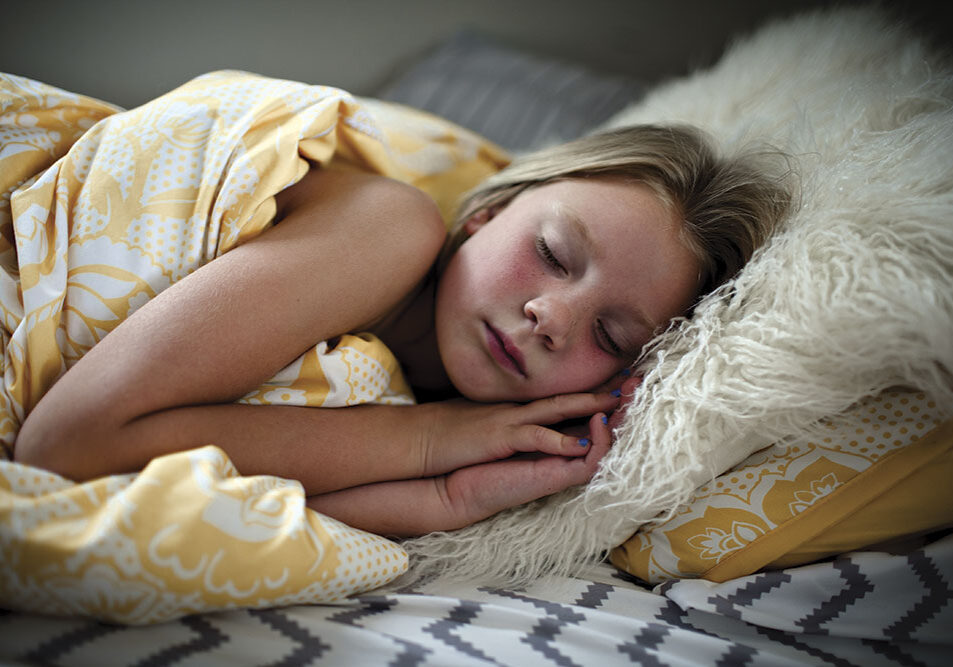
Serving Up Sleep – Nutrients That Support Healthy Rest
Between midnight feedings, bad dreams, and bouts with the flu, most parents are well acquainted with the wee hours. Familiar, too, is the groggy haze that lingers the morning after […]

Create Intimacy Without Taking Your Clothes Off
By the time your kids are asleep, your mood is exhausted, not erotic. In theory, you want to connect with your partner. In reality, you’re too tired to make the […]
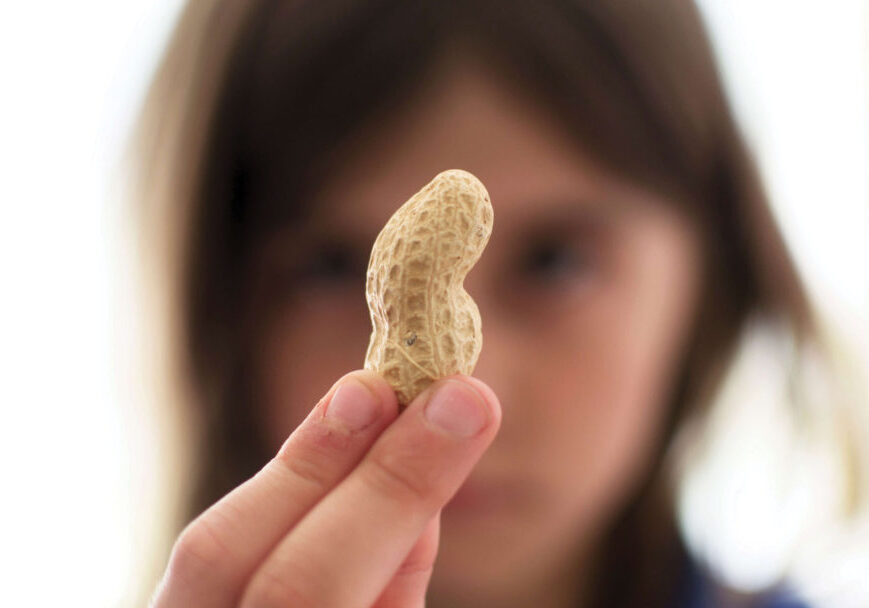
Food Allergies & Children – Can Kids Outgrow Allergies?
Some children may outgrow their food allergies. But the likelihood of that happening depends in large part on the type of food a child is allergic to, as well as […]




